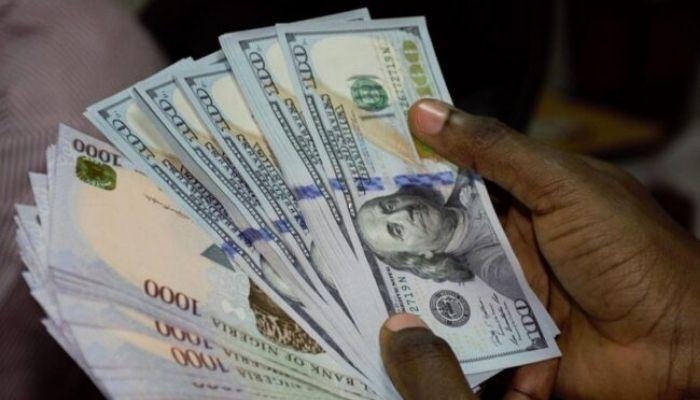The half-year (H1) earnings season for Nigerian banks has underscored the fading era of bumper foreign exchange (FX) windfalls that defined much of 2023 and 2024.
With the naira trading relatively stable in the first six months of 2025, banks are struggling to replicate the outsize FX-driven profits, which had previously boosted their bottom lines in 2024 and 2023.
For United Bank for Africa (UBA), pre-tax profit stood at N388.4 billion for H1 ended June 30, 2025. This represents a marginal 3.3 percent decline from the N401.6 billion posted in the corresponding period of 2024. A key drag was the N10 billion net trading and FX loss recorded in the period, which is a stark reversal from the N98.2 billion gain in H1 2024. This illustrates how the bank’s earnings, once buoyed by volatile exchange rate movements, have now been clipped by currency stability.
Zenith Bank reported N467.8 billion in trading gains, but it represented a 41.2 percent decline year-on-year, driven by a steep 45 percent decline in other trading books. The bank also booked a N2.5 billion loss on foreign currency translation for its overseas operations, even though it managed to eke out a N12.5 billion gain from trading foreign currency. Net income fell eight percent year-on-year to N531.8 billion, translating to earnings per share of N12.95, down sharply from N18.41 in H1 2024.
The contrast with the preceding two years is striking. In 2023, following a sweeping revaluation of the naira, UBA booked an extraordinary N418.3 billion in net trading and FX gains, though Zenith could not ride the wave due to its foreign-denominated borrowings from other banks that left it with a net FX revaluation loss.
Again in 2024, when the naira lost over 40 percent of its value, FX revaluation gains continued to pour into bank balance sheets. UBA alone raked in N326.2 billion in FX revaluation gains during that period. Those gains, however, have all but evaporated in 2025.
Read also: FX-induced FAAC windfall dries up as naira stabilises
Investors react
The market was swift in reacting to this shift. On Friday, September 19, a bearish atmosphere enveloped the Nigerian Exchange (NGX) as investors digested the results of UBA and Zenith. The NGX All-Share Index slipped 0.32 percent to 141,845.34 points, dragged down by selloffs in the banking sector.
Zenith Bank’s attempt to reassure investors by raising its interim dividend 63 percent year-on-year to N1.25 per share did little to stem the negative sentiment. Its stock fell 3.03 percent on the day, closing at N64.00 per share, leaving it at a price-to-earnings multiple of 4.94x, only marginally above its five-year average.
Despite reporting a six percent increase in net income, the bank slashed its interim dividend by 85 percent—a move that overshadowed its earnings growth and spurred panic selling. UBA’s stock tumbled 8.51 percent at mid-day before clawing back slightly to close at N44.20, with trading volumes exceeding N3.54 billion as investors rushed to offload positions.
The contagion spread quickly. Access Holdings fell 4.07 percent to N25.90, GTCO dipped 0.74 percent, while FBN Holdings slid 0.31 percent to N31.90. Market watchers noted that the banking selloff was dragging the broader index lower, underlining how closely the fortunes of the NGX are tethered to those of the financial sector.
The latest results confirm that the FX windfalls of recent years were a one-off boon, not a sustainable earnings engine, a finance analyst said.
Analysts contend that banks are now being judged more squarely on their core banking performances, dividend decisions, and cost efficiencies.

